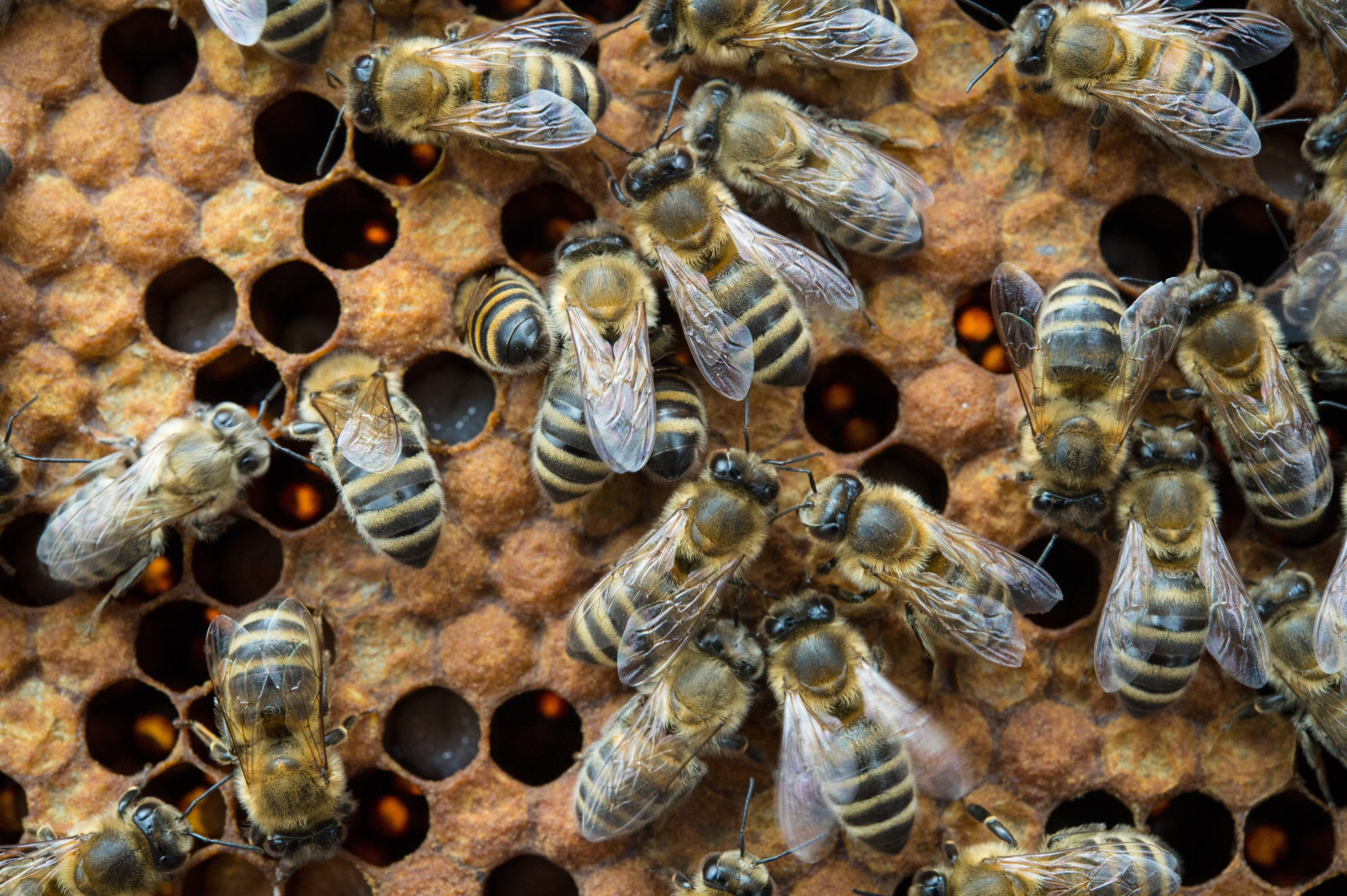
A common pesticide is hurting wild bees, while sparing their honeybee cousins, a new study found.
The data, published in Nature on Wednesday, could have an effect on whether regulators in the U.S. and Europe will continue to allow the use of the pesticides.
The study showed that neonicotinoids, a commonly used class of insecticides, “reduced wild bee density, solitary bee nesting, and bumblebee colony growth and reproduction,” indicating that the insecticides could be contributing to the decline in wild bee populations globally, a key issue in food security. The study found that the insecticide was not as harmful for human-raised honeybees, suggesting that scientists cannot extrapolate a chemical’s effects on honeybees to their wild cousins.
Read More: A World Without Bees
Adding to the concern, a second study published in Nature showed that two different kinds of bees seem to prefer crops coated in the pesticides, undermining the claim from pesticide defenders that bees can choose pesticide-free crops.
The European Union has instituted a temporary ban of the pesticides that is up for review in December. The U.S. does not have a ban, but the Environmental Protection Agency announced earlier in April that it was unlikely to approve new outdoor use of neonicotinoid pesticides, pending new data. These new studies may have an effect on that decision.
More Must-Reads From TIME
- The 100 Most Influential People of 2024
- The Revolution of Yulia Navalnaya
- 6 Compliments That Land Every Time
- What's the Deal With the Bitcoin Halving?
- If You're Dating Right Now , You're Brave: Column
- The AI That Could Heal a Divided Internet
- Fallout Is a Brilliant Model for the Future of Video Game Adaptations
- Want Weekly Recs on What to Watch, Read, and More? Sign Up for Worth Your Time
Contact us at letters@time.com